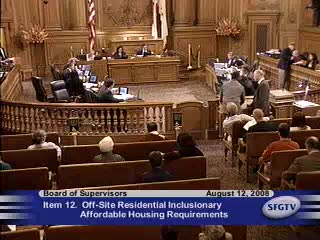Article not found
This article is no longer available. But don't worry—we've gathered other articles that discuss the same topic.
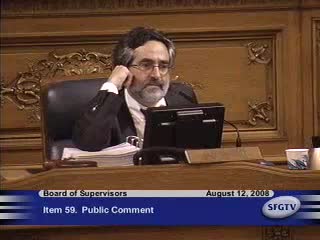
Supervisor Sandoval introduces ordinance to allow DPW to abate commercial blight after notice
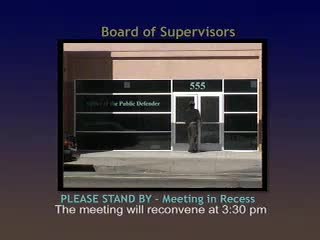
Public Defender’s “Clean Slate” program outlines free expungement help, community drop‑in schedule
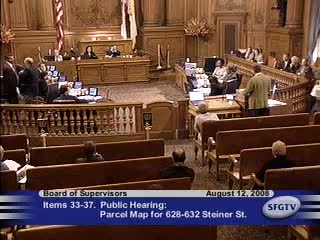
Board overturns public‑works disapproval of Steiner Street parcel map subject to condition removing an illegal unit
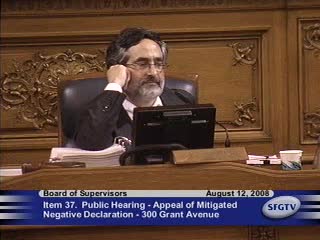
Board denies appeal and upholds mitigated negative declaration for 300 Grant Avenue project
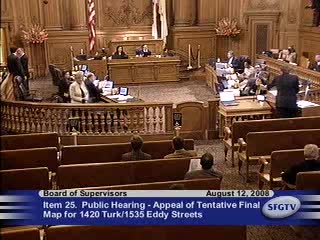
Board decides mixed outcomes on Fillmore Center subdivision appeals; majority backs staff decisions in part
